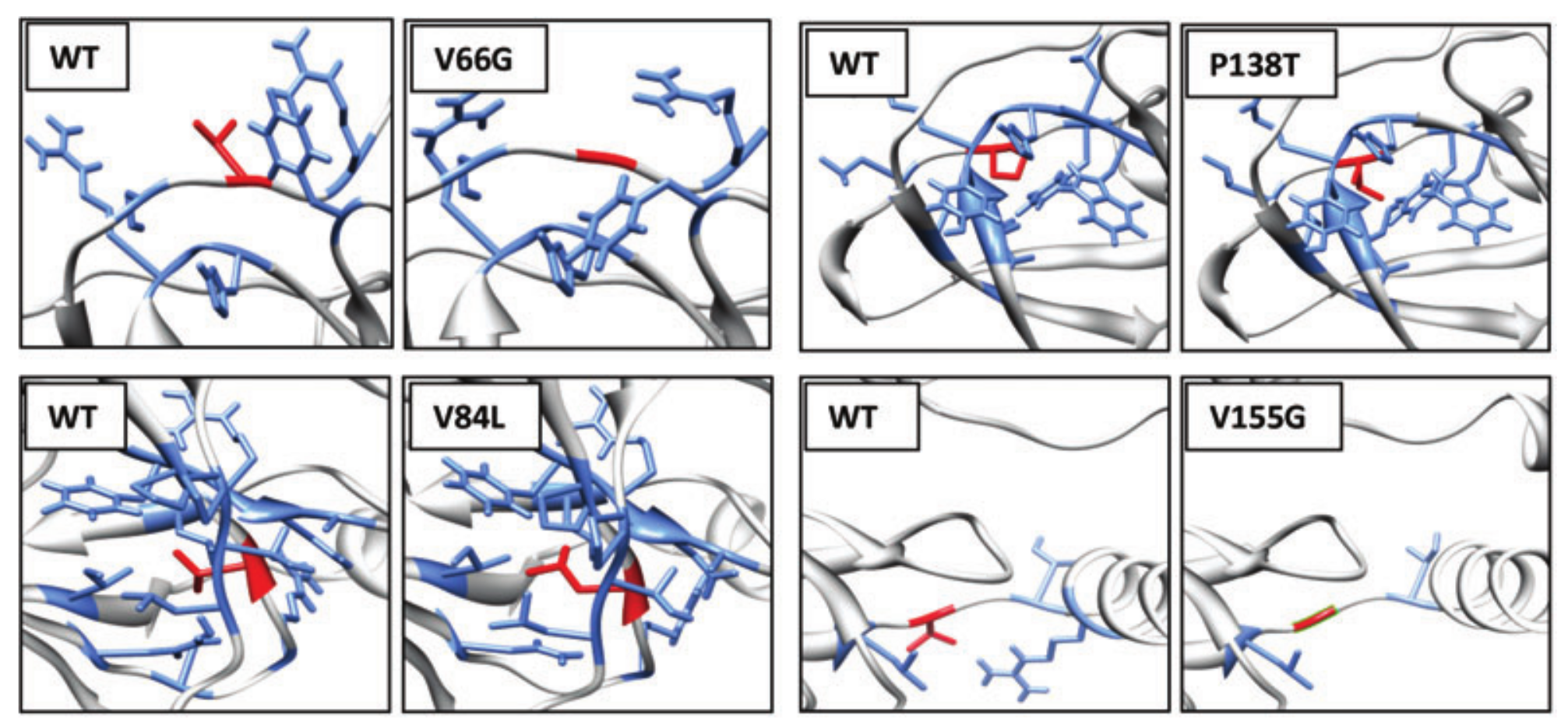
Cancer is a complex and often devastating disease that arises from the uncontrolled growth and spread of abnormal cells in the body. As a multifactorial disease, cancer genesis is known to be influenced both by alteration of the genome and the environment. It can virtually affect any tissues of the body and is characterized by the formation of large undifferentiated cell masses also referred to as tumors. Understanding the intricate molecular mechanisms behind cancer development, progression, and response to treatment is crucial for developing effective therapies. Bioinformatics, a multidisciplinary field at the intersection of biology, computer science, and statistics, plays a vital role in cancer research and treatment.
Cancer bioinformatics utilizes computational techniques to analyze large-scale biological data, such as genomics, transcriptomics, proteomics, and clinical data. By integrating and interpreting these diverse datasets, bioinformaticians can identify potential biomarkers for early detection, predict patient outcomes, and discover new therapeutic targets. In essence, cancer bioinformatics empowers researchers and clinicians with powerful tools to unravel the complexities of cancer biology, leading to more personalized and precise approaches for diagnosis and treatment, ultimately striving towards better outcomes for cancer patients.
Our research interest is dedicated to unraveling the molecular functions of proteins implicated in cancer initiation and progression, shedding new light on their role in malignancy. We undertake thorough investigations employing diverse in silico methodologies, including protein structure analysis and characterization, Petri-net models, and protein-protein interaction networks (PPi-networks). In parallel, we utilize molecular dynamics simulations to delve into the intricate details of protein activity at the molecular level.
Moreover, we integrate the insights obtained from these analyses into predictive mathematical models, enabling us to simulate the dynamic progression of various cancers. These models undergo rigorous validation against clinical data, and experimental observations in cell models are meticulously conducted by our proficient experimental team.
More in depth:
Targeting undruggable intrinsically disordered regions in childhood malignant neoplasms

